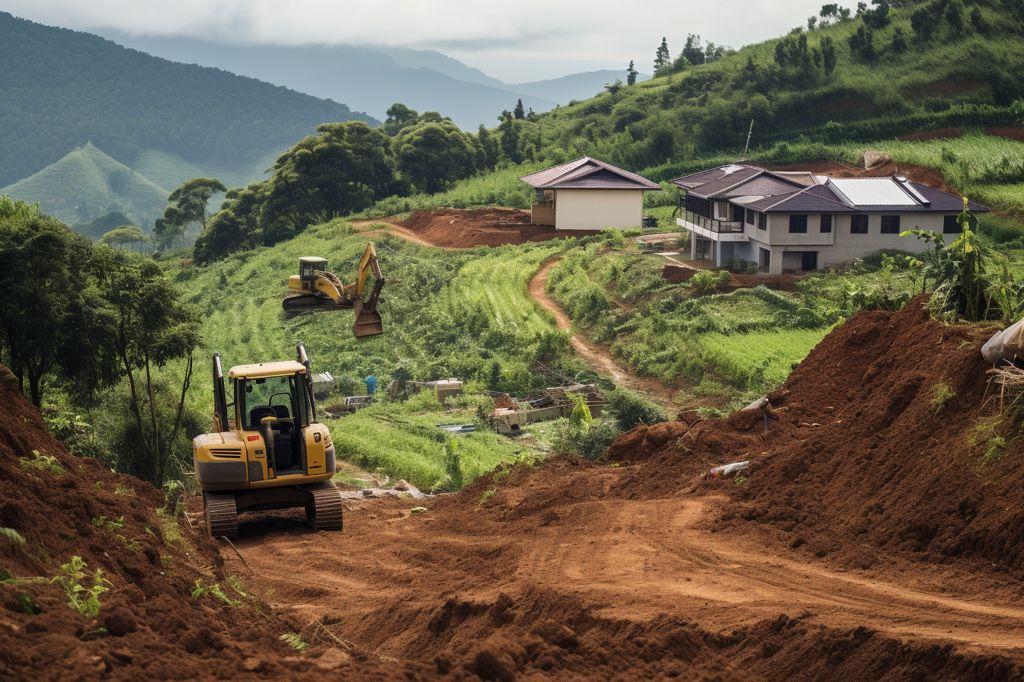In Western Cape, South Africa, a massive and ambitious housing project is underway, spearheaded by Tertuis Simmers, the Minister of Infrastructure. The Airport Precinct Informal Settlement project aims to provide dignified living opportunities for thousands of families by building 7,800 houses spread across nine distinct communities. With a budget of R3.2 billion, the initiative involves land rehabilitation, bulk services, internal services, and top structures during various stages of development.
Five Main Areas and Four Infill Sites
The airport precinct is divided into five main areas: Kanana, Barcelona, Europe, Vukuzenzele, and Lusaka. In addition, there are four infill sites: Lusaka Infills, Gxagxa, New Rest, Tsunami, and Thabo Mbeki. The project is located on a historic landfill, which requires extensive land remediation.
Relocation Process and Challenges Encountered
To achieve the desired outcome, the Western Cape Department of Infrastructure has identified Greenfield land parcels for temporary relocation of residents. This process is part of the de-densification strategy to accommodate the high population density in the targeted areas. Despite careful planning, the relocation process has not been entirely smooth, encountering challenges and delays along the way. For example, the illegal occupation of Greenfield land at Welmoed Estate (Penhill) by informal farmers has hindered construction and led to a stalemate.
Collaborative Partnership and Progress Made
Despite the challenges, the department has made significant progress in relocating 800 beneficiaries from southern corridor areas to Forest Village. Out of these, 75 are vulnerable individuals, including the elderly and people with disabilities. This effort has been driven by a collaborative partnership between Minister Simmers and Deputy Minister of Human Settlements, Pam Tshwete. As of now, 799 out of the 800 beneficiaries have been successfully relocated, in line with the target set during the March 2020 meeting between Minister Simmers and the airport precinct community.
The Importance of Collaborative Partnership
The project’s success hinges on the relocation of 3,000 qualifying beneficiaries, which will make space for land rehabilitation and unlock further development of the airport precinct. In addressing the challenges faced, Minister Simmers highlights the importance of a collaborative partnership between the department, the community, and their elected leaders. Engaging with the community is a crucial aspect of the project, as evidenced by the memorandum received from the Taiwan community.
Transparent and Comprehensive Updates
As the project continues to unfold, Minister Simmers remains dedicated to providing transparent and comprehensive updates, inviting questions and input from the community. It is through this ongoing dialogue and collaboration that the Airport Precinct Informal Settlement project aims to transform lives and promote a brighter future for thousands of families in Western Cape.








